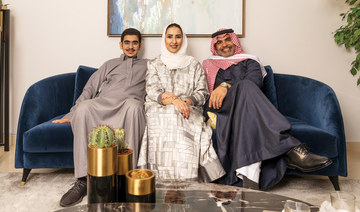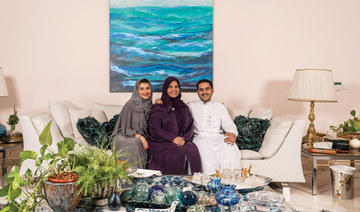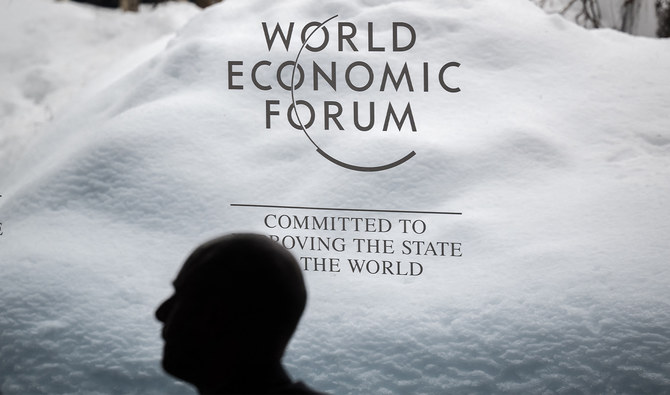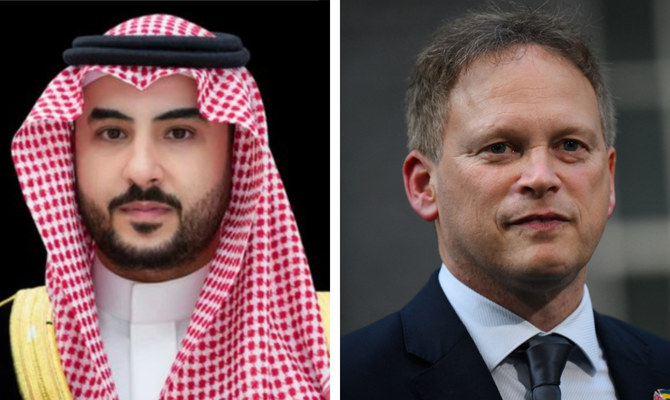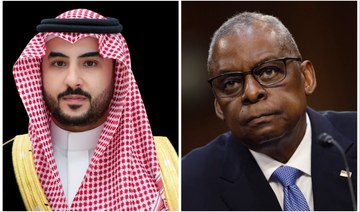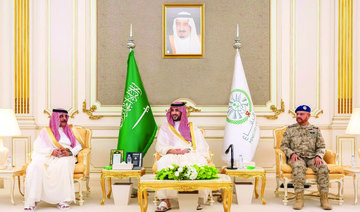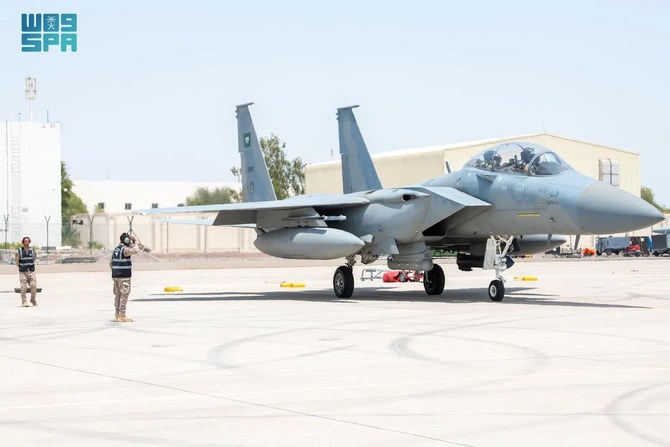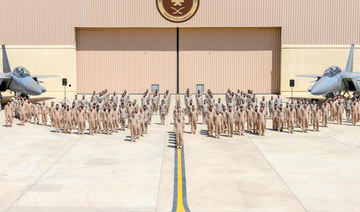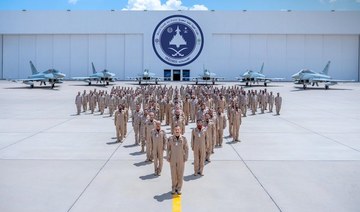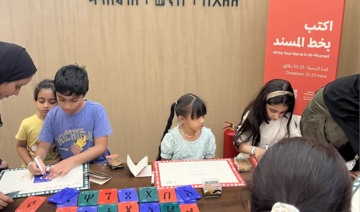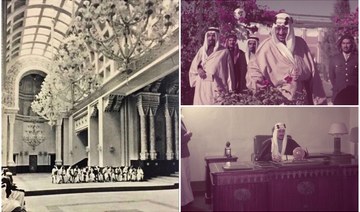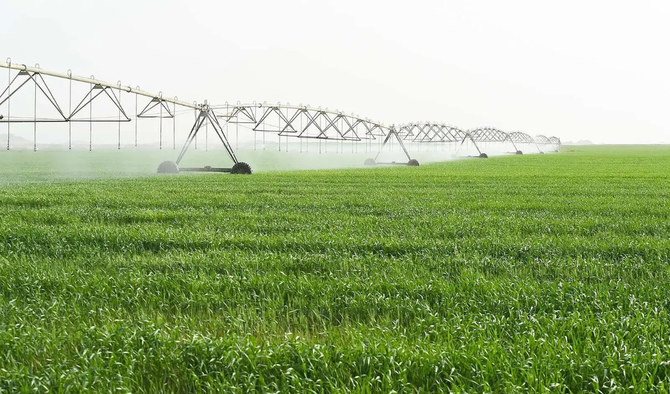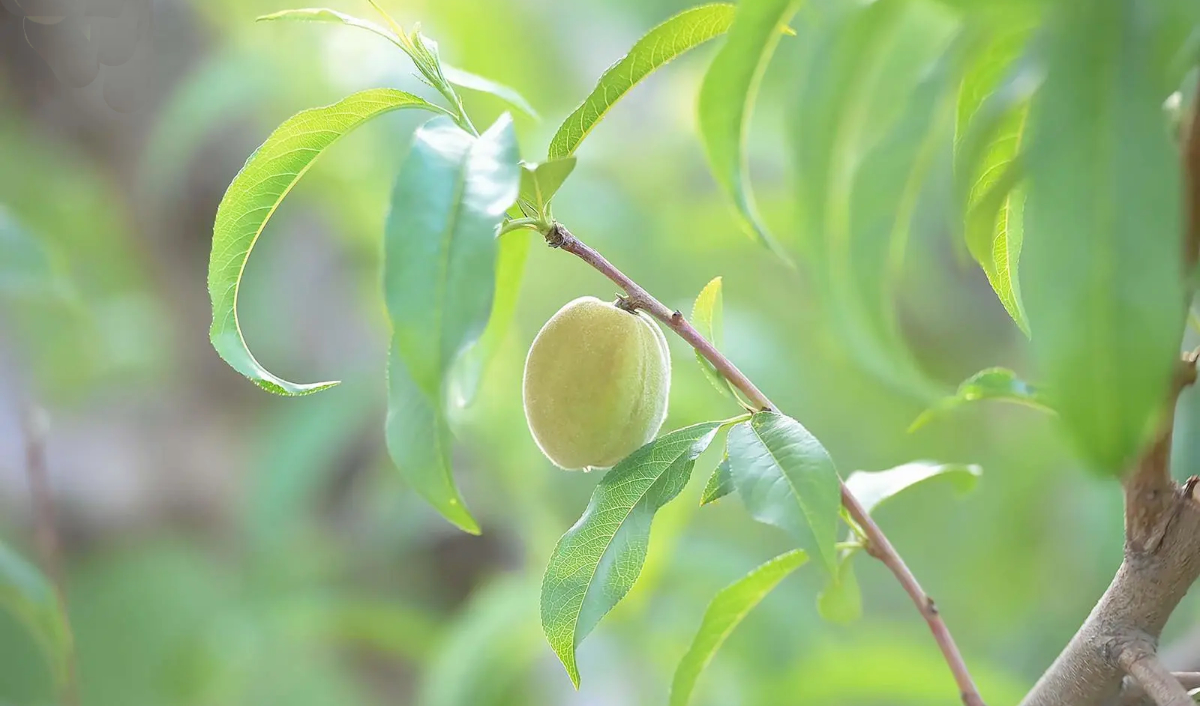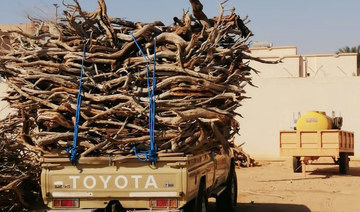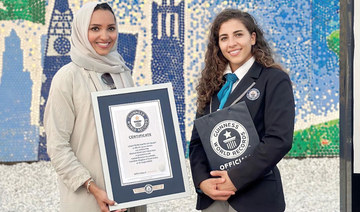I was born and brought up in Madinah, which played a big role in making me who I am. My dad played an enormous role in building my personality and that of my six siblings. He was an advocate of equal rights for men and women. He gave every one of us importance when making decisions about the house.
He made sure that we got the right education, and even as young kids we had a clear perspective, goals and ambitions in our lives. He would consult me while making business decisions and then made sure I took responsibility for the decisions I made.
My mother, on the other hand, focused on our childhood and made sure that we grew up in a healthy environment surrounded by love and comfort. Our parents made sure that we grew up with strong personalities.
Now, I am married with three boys; Abdulaziz, Ahmad and Omar, a gift from God who is challenged with Down’s syndrome, and a girl Maryam.
I am a businesswoman and I am currently working on different projects, including Panda Nursery and Amore Cafe. I also have 14 years’ experience at Alkhobar Day Care Center, a center that I established for kids with Down’s syndrome.
All the projects I have worked on are connected to events in my own life. The essence of my work is rooted in the city of Madinah. Since it is the city of our beloved Prophet, we are brought up with compassion and the drive to help others. We must play a role in the lives of others in helping them whether they are poor, sick or elderly. Ever since I was a little girl, I have participated in activities to help the community. My husband is the same.
I was married at the time I started majoring in child education. I preferred to major in education for special needs instead of regular children’s education. Even before I had my own kids, I did my graduate research on children with Down’s syndrome.
I worked with these children for a whole year, then I had to stop studying because of family obligations. When I had my third son, he was born with Down’s syndrome, which changed the direction in which my life was heading and I began to think of ways I could train and help my son.
Afterwards, I decided to open a center for children with Down’s syndrome where I could offer them special services and programs specifically designed for such children. That led to a process of research, and to further my experience I completed my master’s in special education.
I created a support group for mothers who had children with special needs, and they helped and supported me in my efforts. As a group, along with the officials, we started helping families facing difficulties and updated the laws that affected their lives. There were numerous gaps in the law, so I made efforts to fix this issue.
I held seminars with international speakers and workshops that helped me collect information not only from the Middle East, but also from the Western world in terms of the laws and rights of people with special needs.
Some of my projects have also included mixing different categories of children together which prevents special children from suffering from emotional distress and loneliness. My next goal is to help those above the age of 21 find employment.
In my other projects at the nursery for kids, I observed that the two biggest issues women were facing if they wanted to work were being able to drive, which is now solved, and the lack of professional places for their children to stay.
We wanted to create a system that is beneficial for the children, where they are handled by professionals and in their early stages will have a curriculum and programs that will help to shape their lives.
My goal is to see that these nurseries are exemplary and academically perfect, so the time children spend there is beneficial. It is my wish that all women in Saudi Arabia should get a chance to prove themselves and utilize their full potential, and I want to spread joy and happiness and bring about a beneficial change in balance between family and work. My motto is: “Nothing is impossible.”




